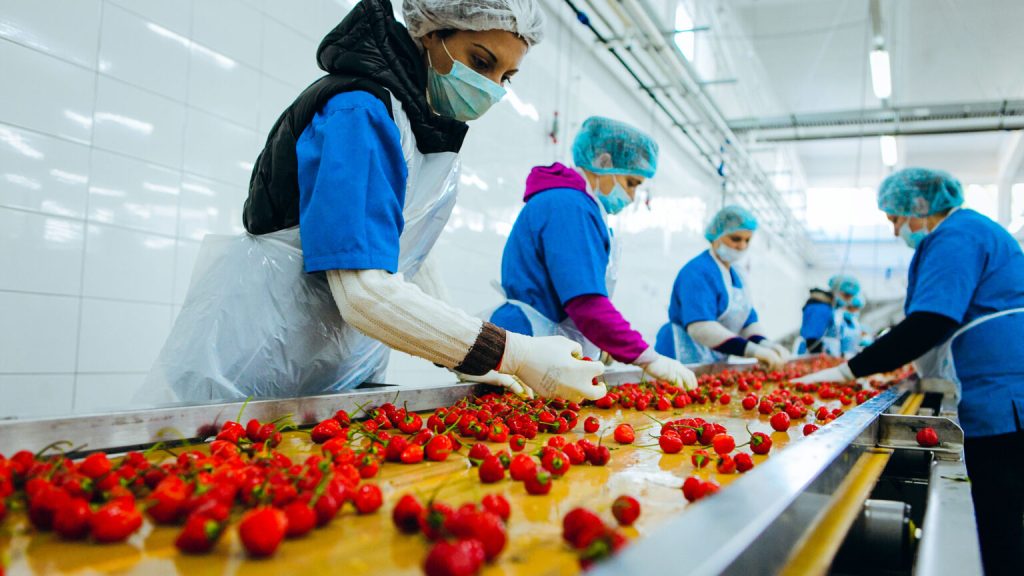In order to ensure the safety and quality of food products, it is important for all individuals and businesses involved in the food industry to comply with the standards and regulations set by governing bodies. These standards are put in place to protect consumers from potential health hazards that may arise from consuming contaminated or unsafe food.
Understanding these standards and regulations can be complex, but it is crucial for those in the food industry to have a thorough understanding of them. Not only does it help maintain compliance, but it also ensures that consumers can trust the safety of the products they are purchasing.
Here are some key points to keep in mind when trying to understand food safety compliance:
1. Identify Applicable Standards: The first step in understanding food safety compliance is identifying which standards apply to your specific business or operation. This will depend on factors such as the type of product you produce, your location, and your size. Some common governing bodies that set food safety standards include the Food and Drug Administration (FDA), United States Department of Agriculture (USDA), and International Organization for Standardization (ISO).
2. Understand Hazard Analysis Critical Control Points (HACCP): HACCP is a system that helps identify potential hazards at each stage of production and implement preventive measures to control or eliminate these hazards. It is a widely recognized method for ensuring food safety compliance by identifying critical control points where contamination could occur.
3. Implement Good Manufacturing Practices (GMPs): GMPs are guidelines designed to ensure safe production practices across all aspects of food production, from facilities and equipment to employee hygiene and sanitation. These practices help prevent contamination and ensure the safety and quality of food products.
4. Keep Up with Regulatory Changes: Food safety standards and regulations are constantly evolving, so it is important to stay up-to-date with any changes that may affect your business. This could include new requirements for labeling or packaging, updated guidelines for certain ingredients, or changes in sanitation protocols.
5. Seek Out Resources and Training: It can be challenging to navigate the complex world of food safety compliance on your own. Fortunately, there are many resources available to help businesses understand and comply with these standards and regulations. These can include online courses, workshops, consulting services, and government agencies dedicated to food safety.
Overall, understanding the standards and regulations for food safety compliance is crucial for all individuals and businesses involved in the production and distribution of food products. By staying informed and implementing proper protocols, businesses can maintain compliance while also ensuring the safety of their consumers.


